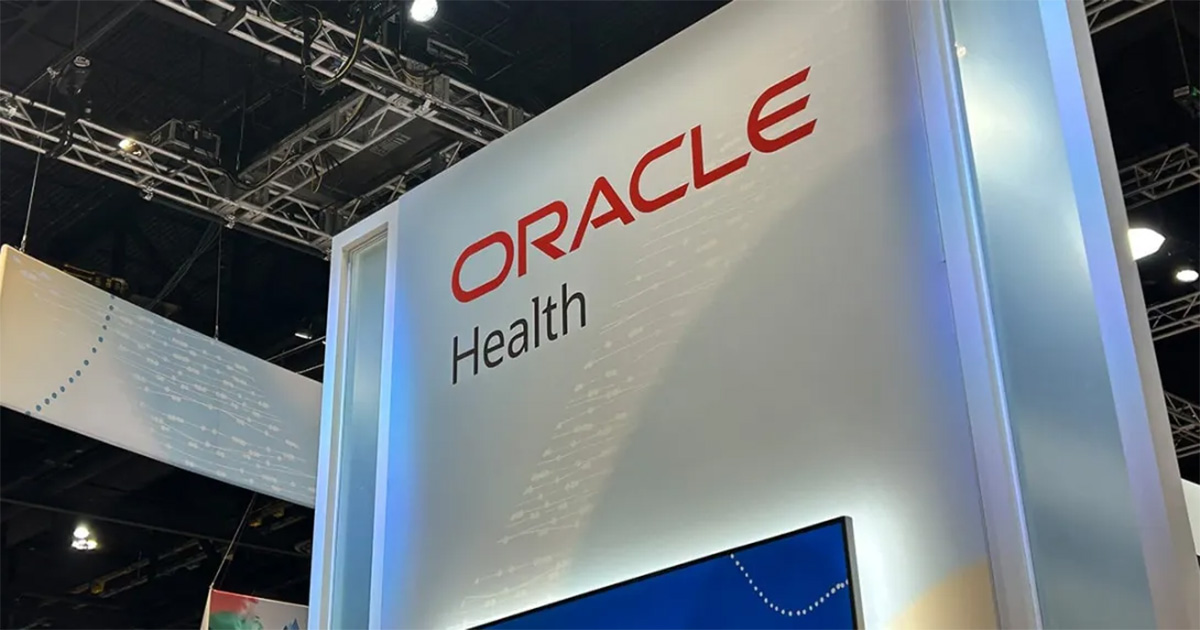Citing concern about vendor readiness and that "significant investments" in EHR technology could go for naught, MGMA leadership is calling on HHS for an indefinite moratorium on meaningful use penalties for physicians who have completed Stage 1 meaningful use requirements.
The association of physician practice administrators is one of several that has recently called on federal officials to adjust parts of the meaningful use program.
In an Aug. 21 letter to HHS Secretary Kathleen Sebelius, MGMA President and CEO Susan Turney wrote about physician concerns over the diminished opportunity for physician practices to meet the requirements of Stage 2.
MGMA represents 22,500 members who lead 13,200 organizations nationwide. Those physician practices include about 280,000 physicians that provide more than 40 percent of the healthcare services delivered in the United States.
In the letter, Turney notes: "Currently, there are more than 2,200 products and almost 1,400 'complete EHRs' certified under the 2011 criteria for ambulatory EPs. As of this writing, there are only 75 products and 21 complete EHRs certified for the Stage 2 (2014) criteria. This lack of vendor readiness has significant implications for EPs."
"Without the appropriate software upgrades and timely vendor support," Turney continued, “EPs will be unable to meet the Stage 2 requirements and thus will be unfairly penalized starting in 2015.
Turney stressed the MGMA’s long-term support of federal efforts on meaningful use as a way to improve clinical performance and derive efficiencies.
"However, it has become clear that the alignment between the more rigorous Stage 2 requirements and the ability of the vendor community to produce and deploy Stage 2," she wrote.
In the letter, Turney details concern over marketplace readiness, citing lengthy wait times for installations and training, and also concerns over Stage 2 requirements related to patient actions, such as the requirement to provide patients the ability to view online, download and transmit their health information within four business days of the information being available to the EP and that a secure message was sent using the electronic messaging function of the certified EHR by more than 5 percent of unique patients.
"We are also concerned that the current 'all or nothing' approach to achieving meaningful use may prove to be problematic for EPs attempting to meet the more stringent Stage 2 requirements," Turney said.
MGMA also put forth four additional recommendations:
- Extend the reporting period for Stage 2 incentives by a minimum of one year.
- Extend the reporting period for Stage 1 incentives for EPs whose EHRs have not been recertified by January 2015.
- Conduct a comprehensive vendor survey related to certification and readiness.
- Build additional flexibility in the Stage 2 reporting requirements
MGMA joins several other groups, who have recently asked for adjustments to the meaningful use program.
In an Aug. 15 letter, HIMSS called on federal officials to keep Stage 2 of the program on schedule, while extending the attestation period for the first year. The organization also recommended extending the attestation period through April 2015 for eligible hospitals and through June 2015 for eligible providers.
CHIME has asked for a one-year delay of Stage 2, saying vendors need time to prepare and policymakers need more time to prepare for Stage 3.
The American Academy of Family Physicians asked CMS to delay Stage 2 by a year, asserting the program could "outstrip the capacity of many certified electronic health record technology vendors and ambulatory family medicine practices."
The timeline for physician compliance was too tight, wrote AAFP Board Chair Glen Stream, MD, in an Aug. 7 letter to Sebelius and other federal officials.


